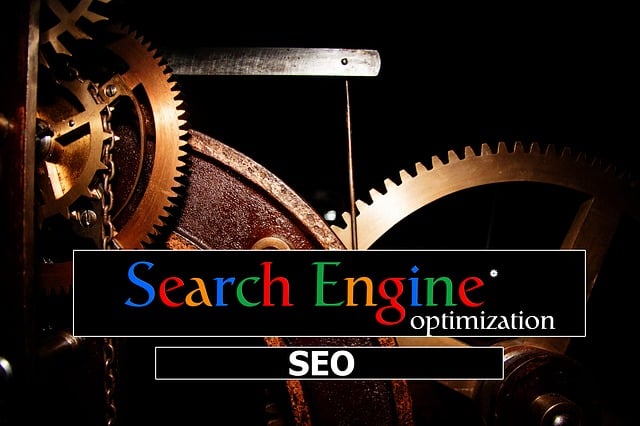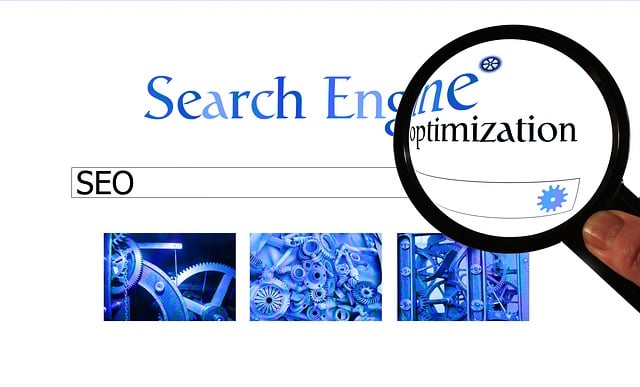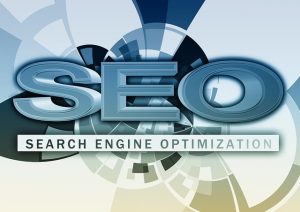SEO Services are essential for online business success, focusing on three core strategies: technical optimization, high-quality content creation, and strategic link building. Keyword research, on-page optimization, off-page SEO (including backlinks and social signals), and local SEO are vital components. Effective implementation enhances online visibility, drives organic traffic, and strengthens digital brand presence. Measuring success with tools like Google Analytics and ranking tools enables informed decisions and strategy improvements. Modern SEO emphasizes user-centric content, data analytics, and staying aligned with search engine algorithm updates.
SEO website optimization is a multifaceted strategy that drives online visibility and attracts relevant traffic. In today’s digital landscape, understanding the intricacies of SEO services is paramount for businesses aiming to thrive. From keyword research that uncovers target audiences’ needs, to on-page optimizations that enhance user experience, off-page strategies that build authority, and local SEO for geo-targeted businesses, each component plays a crucial role in achieving search engine dominance. This article explores these essential elements and offers insights into the latest trends and best practices in modern SEO services.
Understanding SEO Services: The Basics of Search Engine Optimization

SEO Services, or Search Engine Optimization, is a crucial strategy for any business aiming to thrive online. It involves understanding and optimizing your website to rank higher in search engine results pages (SERPs). The primary goal is to increase visibility, drive organic traffic, and ultimately enhance your brand’s online presence.
At its core, SEO Services focus on three main aspects: technical optimization, content creation, and link building. Technical optimization ensures your site is easy for search engines to crawl and index, while high-quality, relevant content attracts and engages users. Link building, the process of acquiring backlinks from reputable sources, signals to search engines that your site is valuable and trustworthy. By implementing these strategies effectively, businesses can significantly improve their online reach and attract a target audience.
Keyword Research: Unlocking the Power of Relevant Traffic

Keyword research is a fundamental step in any successful SEO strategy. It involves understanding your target audience and identifying the terms they use to search for products, services, or information related to your business. By conducting thorough keyword research, you can unlock the power of relevant traffic—the visitors who are actively seeking what you offer and are most likely to convert into customers.
This process starts with analyzing your website’s current performance using tools like Google Analytics and Search Console. You then identify relevant keywords that align with your business goals and target audience. Incorporating these keywords strategically throughout your website’s content, meta tags, and even image alt text ensures that search engines understand the context and relevance of your pages. Effective keyword research not only boosts your search engine rankings but also provides valuable insights to inform your overall marketing strategy.
On-Page Optimization: Crafting High-Quality Content and Technical Refinements

On-Page optimization is a critical component of any comprehensive SEO services strategy. At its core, it involves crafting high-quality, relevant content that resonates with your target audience while also integrating essential keywords naturally and effectively. This means creating well-structured, informative, and engaging content that not only satisfies search engine algorithms but also enhances the user experience. By focusing on these aspects, you can improve your website’s visibility in search results, drive more organic traffic, and ultimately boost conversions.
Technical refinements play a equally vital role in On-Page optimization. This includes ensuring your website has a solid technical foundation, such as fast loading times, mobile responsiveness, a well-organized site structure, and proper use of HTML tags like headers, meta descriptions, and alt text for images. These optimizations not only help search engines understand your content better but also ensure your website performs optimally, contributing to lower bounce rates and longer user sessions, which are positive signals to both users and search engines.
Off-Page SEO Strategies: Building Authority Through Backlinks and Social Signals

Off-page SEO is a strategic approach that focuses on enhancing your website’s authority and visibility outside its boundaries. One of the key components is building high-quality backlinks from reputable sources. These links act as votes of confidence in the eyes of search engines, signaling that your site provides valuable content. Earning backlinks through diverse means such as guest blogging, influencer collaborations, or creating shareable assets can significantly boost your website’s ranking potential.
Social signals also play a crucial role in off-page SEO. The buzz surrounding your brand on social media platforms like Twitter, Facebook, and LinkedIn can increase your site’s exposure and credibility. Engaging content that encourages shares, likes, and comments can attract search engines’ attention, demonstrating the relevance and popularity of your online presence. Utilizing social media as a marketing tool allows you to tap into a vast network, ultimately contributing to effective SEO services and improved search engine rankings.
Local SEO: Enhancing Visibility for Geo-Targeted Businesses

Local SEO is a powerful strategy for businesses focused on specific geographic locations, aiming to boost their online visibility among nearby customers. By optimizing websites for local search queries, these businesses can attract potential clients who are actively seeking products or services in their area. This involves implementing key practices such as claiming and verifying Google My Business listings, ensuring consistent NAP (Name, Address, Phone number) information across the web, and incorporating location-specific keywords into content.
Effective Local SEO also includes building high-quality backlinks from relevant local directories and online business associations, encouraging customer reviews to enhance trust and credibility, and optimizing website speed and mobile usability for a seamless user experience. By integrating these tactics, businesses can improve their search rankings in local pack results, making them more visible to targeted audiences and driving increased foot traffic and sales opportunities.
Measuring Success: Essential Tools for Tracking SEO Performance

Measuring success is a pivotal aspect of any SEO strategy, as it helps businesses understand the return on investment (ROI) of their digital marketing efforts. The right tools can provide valuable insights into keyword rankings, organic traffic, bounce rates, and conversion metrics. Google Analytics stands out as an indispensable asset for tracking website performance, offering detailed reports on user behavior, page views, and goal conversions.
Complementing analytics, SEO services often utilize search engine ranking tools like SEMrush or Ahrefs to monitor keyword positions across various search engines. These platforms provide competitive analysis, backlink audits, and content optimization suggestions, ensuring that websites stay ahead in the ever-evolving digital landscape. By leveraging such tools, businesses can make data-driven decisions, refine their SEO strategies, and ultimately enhance their online visibility.
Staying Ahead: Trends and Best Practices in Modern SEO Services

In the ever-evolving digital landscape, staying ahead in SEO services is paramount for businesses aiming to dominate online search results. Modern SEO practices are no longer about keyword stuffing or outdated tactics; instead, they focus on delivering a seamless user experience while adhering to stringent algorithm guidelines. Today’s trend emphasizes content creation that aligns with user intent, ensuring websites provide valuable and relevant information that satisfies search queries. This shift has led to an increased emphasis on long-form content, optimized for specific keywords and topics, which not only engages readers but also signals to search engines the website’s authority in a particular niche.
Best practices in modern SEO services include leveraging data analytics to understand user behavior, identifying and targeting new keyword opportunities, and implementing structured data markup to enhance search engine visibility. Additionally, mobile optimization remains crucial, as more users access the internet through smartphones and tablets. Staying current with algorithm updates from Google and other search engines is essential, ensuring that SEO strategies remain effective and aligned with industry standards.
